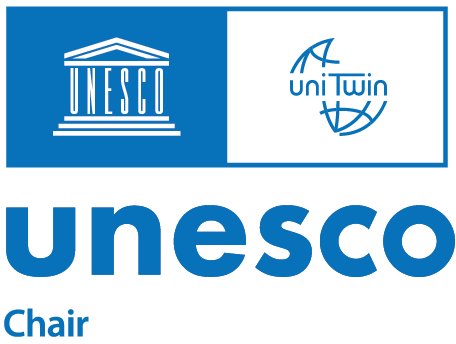International Summer School of Museology and Heritage 2025
Research and practices in a rapidly changing world
International Summer School of Museology and Heritage 2025
Koper, Slovenia, from September 1 to 5, 2025

APPLICATION
All places are filled. The applications are not possible anymore.
The UNESCO Chair in Interpretation and Education for Integrated Approaches to Heritage at the University of Primorska and the Department of Archaeology and Heritage at the Faculty of Humanities of the University of Primorska are pleased to announce the International Summer School of Museology and Heritage 2025.
Application deadline: 20 August 2025
Notification of acceptance: 22 August 2025
The summer school is financially supported by the Slovenian National Commission for UNESCO.
Call for participants
Programme
Information package
